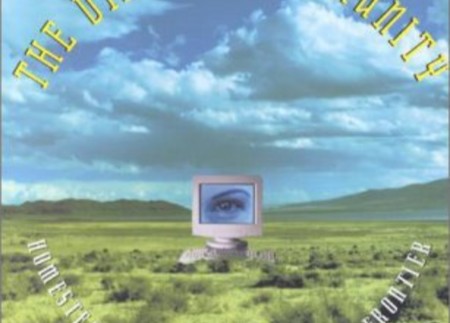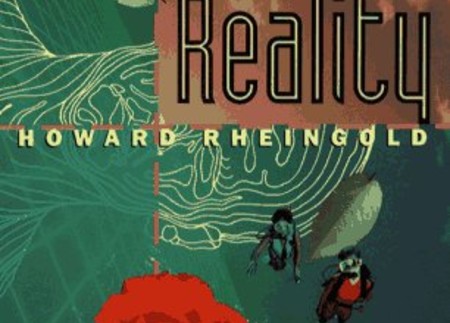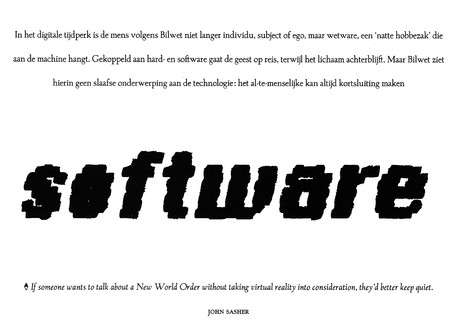A lifelong fascination with mind altering and its methods led Rheingold to the Institute of Noetic Sciences and Xerox PARC. There he worked on and wrote about the earliest personal computers. This led to his writing Tools for Thought in 1985, a history of the people behind the personal computer. Around that time he first logged on to The WELL - an influential early online community. He explored the experience in his seminal book, The Virtual Community.
Also in 1985, Rheingold coauthored Out of the Inner Circle: A Hacker's Guide to Computer Security with former hacker Bill Landreth. In 1991, he published Virtual Reality: Exploring the Brave New Technologies of Artificial Experience and Interactive Worlds from Cyberspace to Teledildonics.
After a stint editing the Whole Earth Review, Rheingold served as editor in chief of the Millennium Whole Earth Catalog. Shortly thereafter, he was hired on as founding executive editor of HotWired, one of the first commercial content web sites published in 1994 by Wired magazine. Rheingold left HotWired and soon founded Electric Minds in 1996 to chronicle and promote the growth of community online. Despite accolades, the site was sold and scaled back in 1997.
In 1998, he created his next virtual community, Brainstorms, a private successful webconferencing community for knowledgeable, intellectual, civil, and future-thinking adults from all over the world. As of 2011, Brainstorms was in its thirteenth year.
In 2002, Rheingold published Smart Mobs, exploring the potential for technology to augment collective intelligence. Shortly thereafter, in conjunction with the Institute for the Future, Rheingold launched an effort to develop a broad-based literacy of cooperation.
In 2008, Rheingold became the first research fellow at the Institute for the Future, with which he had long been affiliated.
Rheingold is a visiting lecturer in Stanford University's Department of Communication where he teaches two courses, "Digital Journalism" and "Virtual Communities and Social Media". He is a lecturer in U.C. Berkeley's School of Information where he teaches "Virtual Communities and Social Media" and where he previously taught "Participatory Media/Collective Action".


